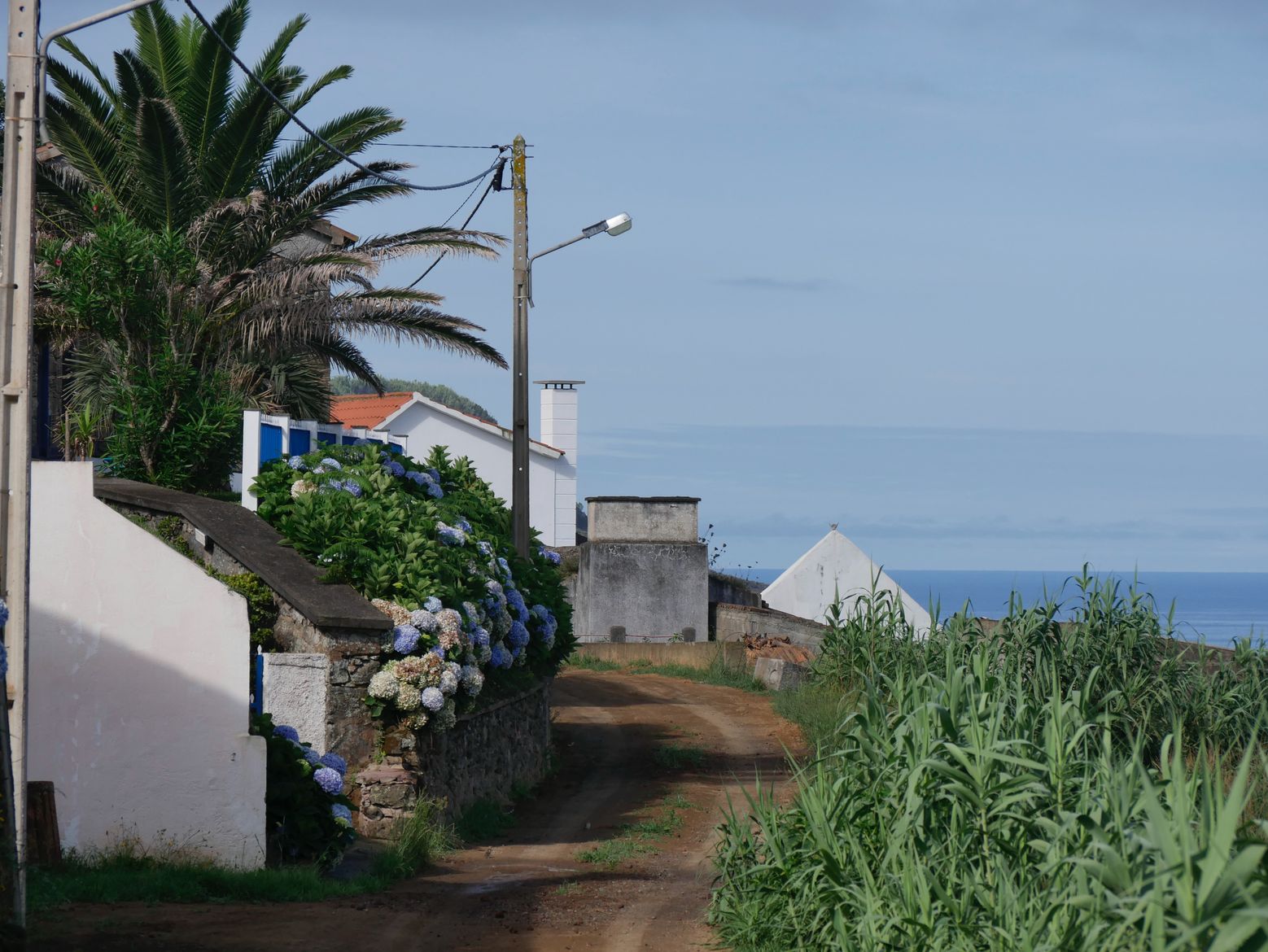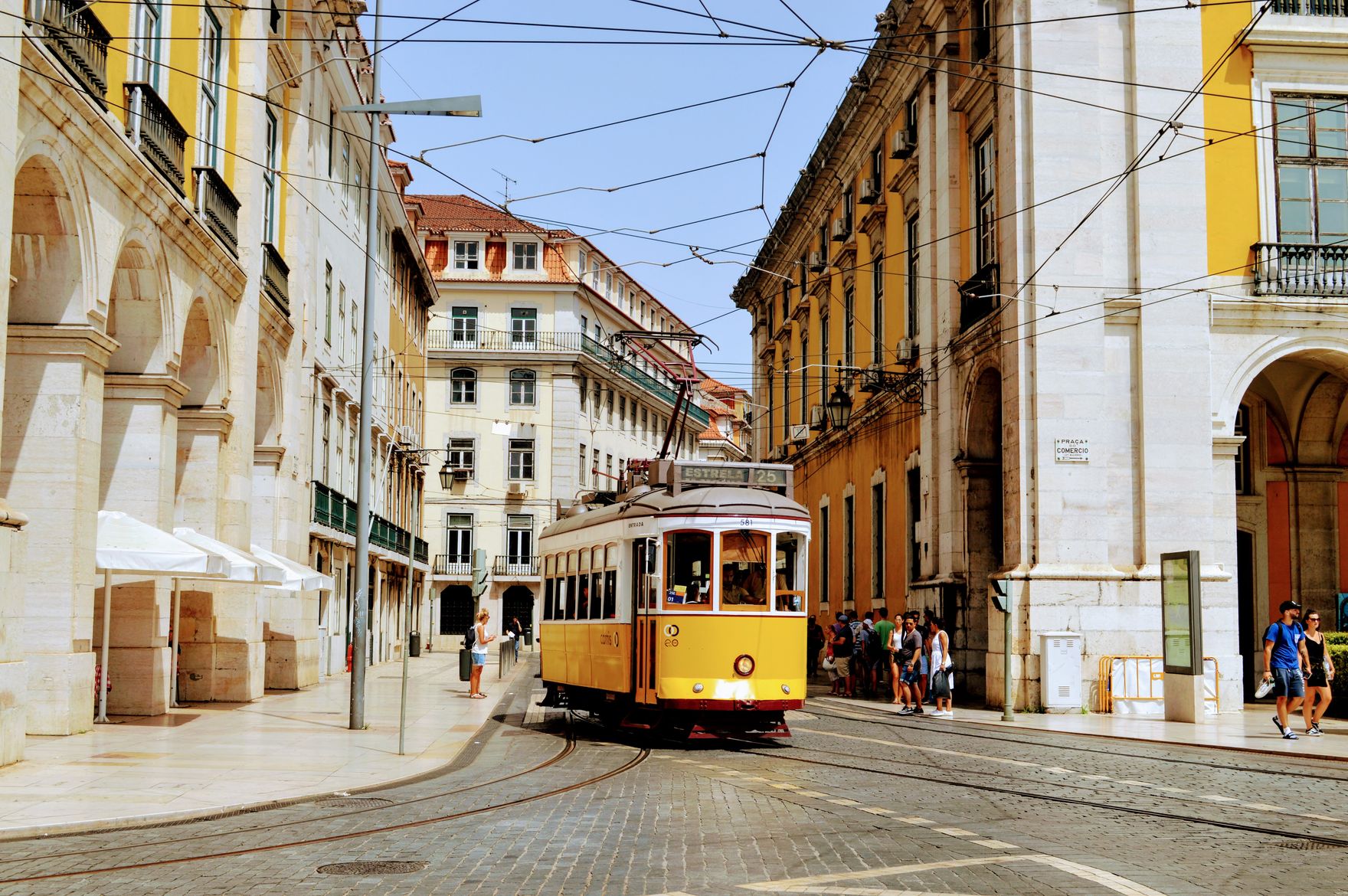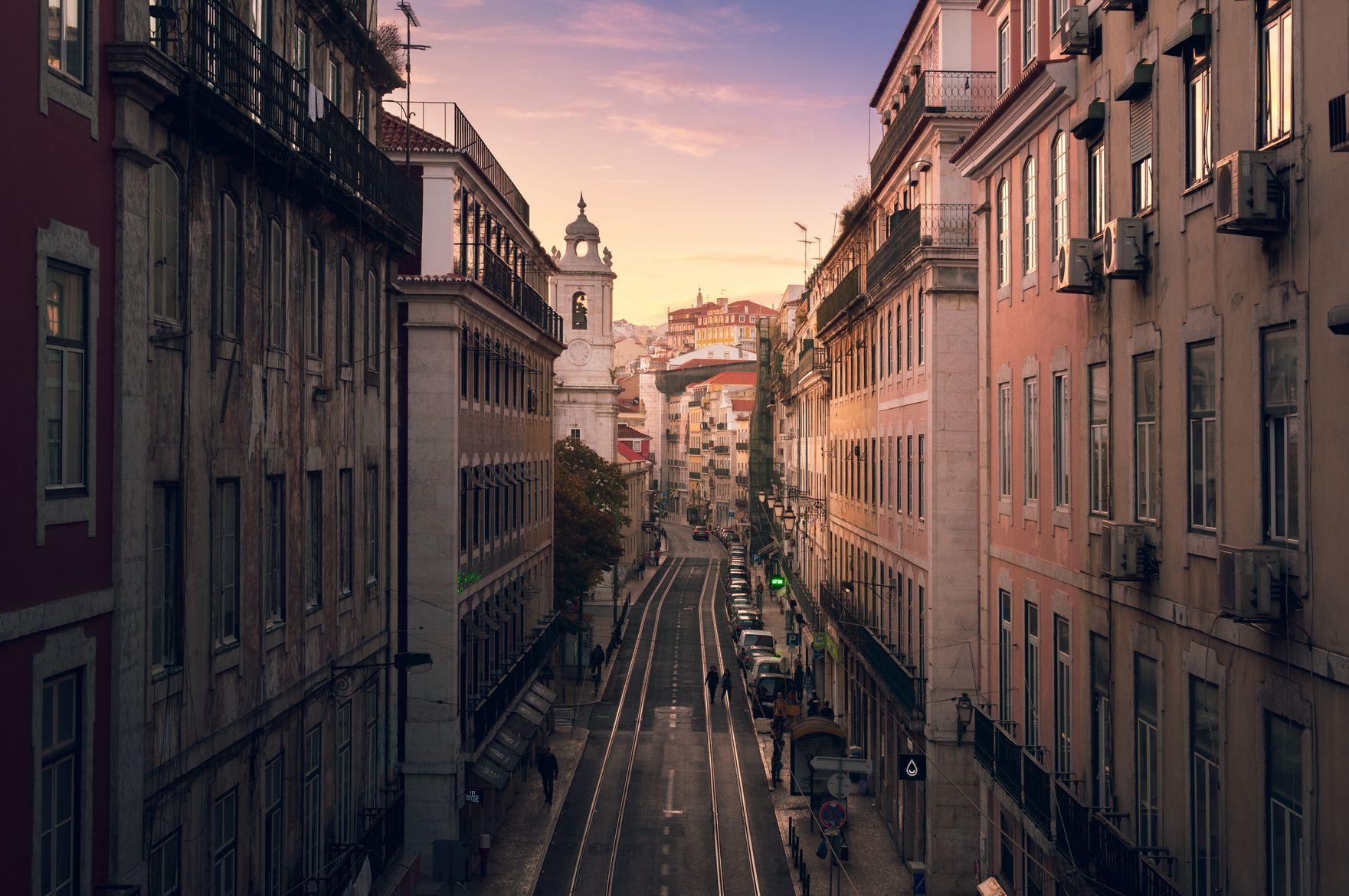Portugal Traffic Guide
Discover Portugal by Car
Portugal is particularly captivating along the coast with its impressive landscapes. Some of the most beautiful parts of the country are quite remote and not accessible by public transport. If you want to relax away from the touristy areas, traveling by car is the best option.
In this guide, you will learn what to consider if you want to explore this beautiful country on the Iberian Peninsula by car. Learn more about traffic rules, road conditions, and more.
Portugal Traffic Rules Overview
- Driving is permitted in Portugal from the age of 18, and an EU driver's license, which is also common in Germany, is sufficient.
- As with the rest of mainland Europe, traffic drives on the right side in Portugal.
- Within built-up areas, a speed limit of 50 km/h must be adhered to in Portugal. Outside built-up areas, depending on the signage, you can drive at 90 km/h or up to 100 km/h. The speed limit on expressways is 100 km/h. On motorways, the maximum speed is 120 km/h without a trailer and 100 km/h with a trailer.
- In Portugal, seat belts must be worn by all passengers. The use of mobile phones by drivers is not allowed – not even with a hands-free device.
- Dipped headlights must generally only be turned on in darkness and poor visibility conditions. On the IP 5 from Vilar Formos to Aveiro and on specially marked roads, headlights must be used at all times.
- Mandatory equipment in the vehicle includes at least one high-visibility vest, a warning triangle, and a first aid kit.
- Drivers must adhere to a blood alcohol limit of 0.5. Those who have held their driver's license for less than three years must not exceed 0.2 per mille.
- In roundabouts with multiple lanes, the outer lane may only be used by vehicles exiting at the next junction.
Driving in Portugal
The Roads in Portugal
The road conditions in Portugal are mixed. Along the coast and in larger cities, as well as on the motorways, you will generally find well-maintained roads in optimal condition. In the interior of the country, however, driving can often prove to be a challenge. While there are well-developed roads here too, many routes are in poor condition. Be prepared for potholes, uneven surfaces, and rough road textures and drive with extra caution on unfamiliar roads.

On Portuguese country roads, you may occasionally encounter bottlenecks. Roadways are not always wide enough for two cars. Especially on such roads, you should be more vigilant about oncoming traffic. Also, be prepared for narrow passages when passing through small villages. With a moderately sized car, driving through the main streets is usually not a problem. However, you should avoid side streets as much as possible, as they can unexpectedly narrow.
Weather can also become a problem in Portuguese road traffic. In the summer, many forest areas are at risk of wildfires. Being caught in a forest fire while in a car can be life-threatening. Therefore, before heading out into wooded areas, you should check with local authorities about the current conditions.
Many particularly beautiful places are only accessible via unpaved sand roads. These can be quite passable with some experience during dry conditions. However, they can become impassable obstacles when it rains. Therefore, make sure to head back in time if rain is forecasted and you are in remote areas.
Petrol stations and charging points
Petrol and Diesel: The network of petrol stations in Portugal is well-developed and covers the entire country. Petrol stations with 24-hour service are especially found in large cities and along the motorways. In rural areas, petrol stations generally operate during normal business hours throughout the day. The prices for petrol and diesel are slightly above the European average.

Electric Cars: With proper preparation and the right apps, you can also navigate around Portugal in an electric car. The network is already in a solid state and is continuously being expanded.
Currently, charging stations are primarily found in the southern part of the country, especially along major traffic arteries and in the vicinity of larger cities where you can charge your electric car at many locations. In the north and in more rural areas, the charging station network is less dense, requiring more planning for trips with an electric car.
Hydrogen Cars: There are a few hydrogen fuel stations in Portugal. Those who thoroughly research refueling options in the desired region beforehand can certainly travel to Portugal with a hydrogen car as well.
Rental car or own car?
Portugal can be reached by land through Spain. Since both Spain and Portugal are members of the European Union, vehicles with EU license plates do not need an International Insurance Card for entry or transit. However, it is still advisable to carry the International Insurance Card for emergencies.
The availability of rental cars in Portugal is also excellent. You can choose from various providers especially along the coast and at airports. Most providers rent cars to drivers who are at least 21 years old. Occasionally, you might find options available from 18 years old. Regardless, you must have held your driver’s license for at least one year to rent a car. Additionally, extra fees may apply for drivers under 25 years of age.
Fines
For traffic violations, fines can be demanded on the spot. Those who refuse to pay a fine may face vehicle confiscation in serious cases.

Excerpt from the fine catalog:
- Speeding (20 km/h over the limit): from 60 Euros (approx. £50)
- Speeding (over 50 km/h over the limit): from 120 Euros (approx. £100)
- Seatbelt violation: from 120 Euros (approx. £100)
- Driving under the influence of alcohol: from 250 Euros (approx. £215)
- Red light violation: from 120 Euros (approx. £100)
- Using a mobile phone while driving: from 120 Euros (approx. £100)
- Parking violation: from 120 Euros (approx. £100)
Conclusion: Flexibly Through Portugal
To explore the secluded hidden gems of Portugal, a car is a great choice. Road conditions in rural areas can sometimes be challenging. However, those who overcome these challenges will be rewarded with spectacular views and unlimited flexibility.
► Here you can find more information about the toll regulations in Portugal, to be optimally prepared for your trip.
